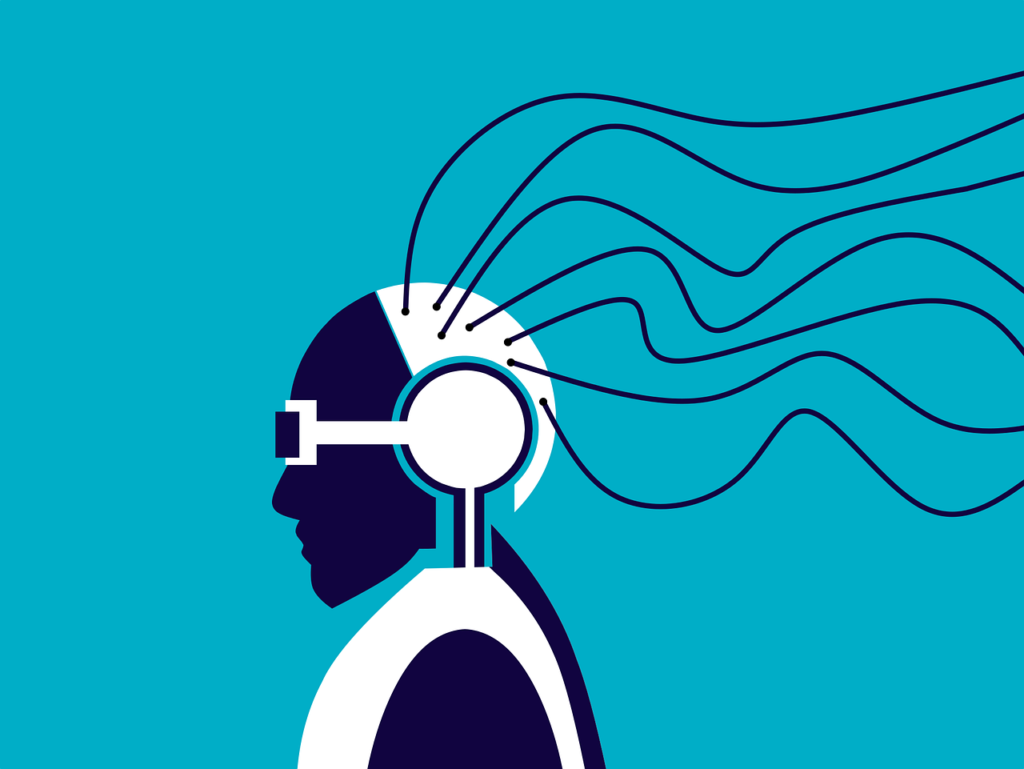
Questions like this are already being asked now, as technology companies continue to jockey for pole position to deliver various versions of what is loosely termed metaverse today.
Is it going to be some sort of persistent virtual reality, that requires you to don dorky glasses, as imagined by Meta, the folks behind Facebook? Or is it a digital twin, a faithful but realistic replica of what we see in the real world, as some computer graphics gurus believe?
As for game companies, the folks who have been creating virtual worlds for decades, the question has become more or less one of survival in the long term.
Understandably, many are wary. Epic chief executive, Tim Sweeney, is the latest to air his concerns, this time about Apple and Google “unfairly” extending their “stranglehold on smartphone platforms to the new digital realm.
In an interview with FT published yesterday, he alluded to how tech giants like Apple are trying to control the entire stack.
“Apple make smartphones and they profit from their smartphones — and they deserve to,” he said. “But then they force all buyers of their smartphones to use their app store exclusively for obtaining digital content.”
Sweeney’s beef with Apple is not hard to understand, seeing his company’s recent squabbles with the iPhone maker. But he’s not the only game company head honcho wary of this so-called revolution that the metaverse promises.
There are parallels actually in the way the World Wide Web developed. Unsurprisingly, in the 2000s, Microsoft tried to extend its dominance on desktop PC software to push its Internet Explorer Web browser and even to push its own “extensions” to the Web programming language of the day.
It didn’t succeed in forcing everyone to use its browser, nor did it manage to force websites to conform to designs that suited its software.
Ultimately, from the first “Hello World” lines of HTML code people learnt to write to today’s complex dynamic websites, the goal has been to cater to as many users as possible, even if they are accessing the content from different devices.
Understandably, it is easier for developers to just create code or content for one type of platform or device, but with the efficiency of centralisation, you lose some of the diversity and competition that drive improvement in products and services.
While there are parallels with the Web, it’s safe to say nobody knows what will happen exactly for the metaverse, beyond the promise of a huge virtual world which will transform how people interact and communicate.
Some companies, like Epic, want to concentrate on the quality of the experience, which means lots of investments to create virtual environments people actually want to hang around in.
Others, like Decentraland, run on blockchain and come with the promise to be decentralised. The hope is, your virtual properties will not be controlled by a single entity and are one day going to be transferrable to another open platform.
Of course, if you look at the graphics in Decentraland, they are like a PC game from the 1990s. Plus, the hype around it appears a little like a movie we have seen before – yes, Second Life back in the 2000s.
Ultimately, what will matter is which side the masses pick. As we saw with smartphone operating systems and platforms, early momentum matters as it quickly translates to network effects that bring efficiencies and other improvements.
Who remembers Windows Phone today, even though it was a neat little smartphone OS pitched by Microsoft as a third operating system after Android and iOS?
Seen that way, it’s no wonder tech giants are fighting to take the lead in how the metaverse will shape up. The question is whether it can remain relatively open, as the Web is today.
Despite censorship in some countries and even taking into account the vast number of different devices accessing it, it has continued to connect billions of people across the globe. We’ll be fortunate if the metaverse follows suit.
















